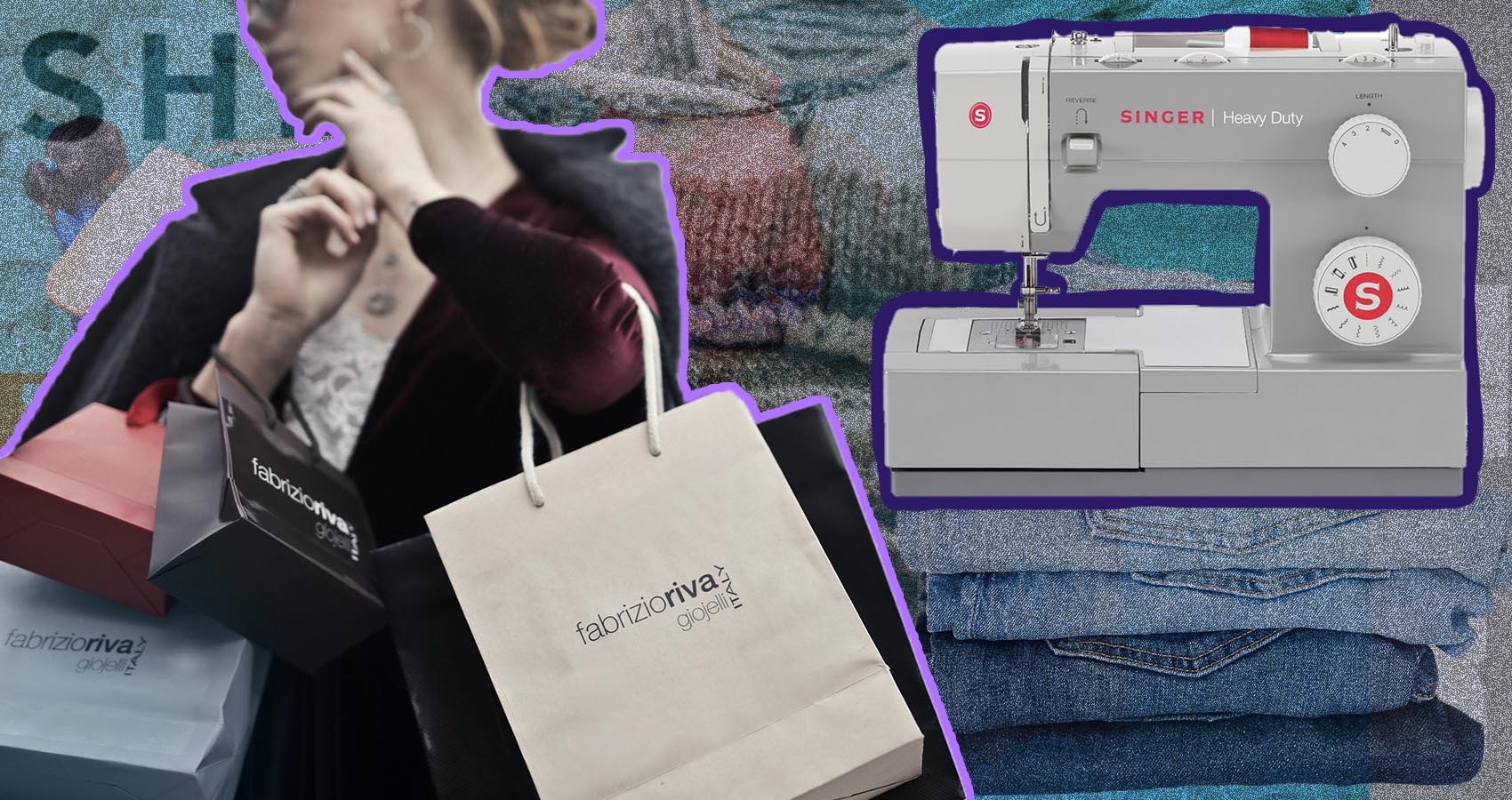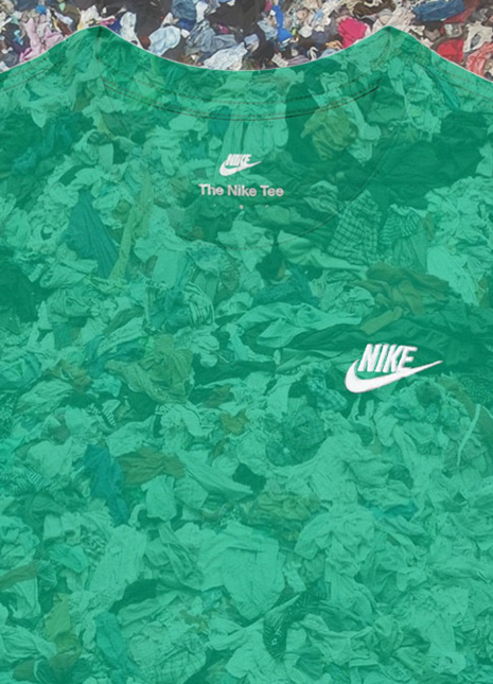
Identifying And Avoiding Unethical Fashion: The How And Why
Morally conscious shopping-
Living in the capitalist world that we do, we feel the constant need to be shopping. We scroll online, we browse, we go into shops just to kill time, and we come out of the experience with a bank account that’s slightly annoyed at us, and not much else. And we do it without a good reason, justifying it with boredom, having money to spend, or a desire to be on trend.
When we’re in this habit of shopping, we can often get caught up in the thrill of the purchase that we forget to stop and think about what we’re doing. And when you’re in need of a new item of clothing, or a distraction, the last thing you want to think about is the ethical implications of what you’re buying, but it’s this that makes us ignorant and complacent.
Undoubtedly, it’s much easier to buy from the first shop that you come across, rather than searching for a brand that you know is ethical. And when we’re in search of something fashionable, our creative minds tend to silence our moral conscience - the only thing that seems to matter is what we want! But this isn’t okay, we can’t just sacrifice what is good for what is on trend!
What makes a brand immoral?

Unethical fashion is fashion which hasn’t been made or distributed in a moral way. A clear example of this is sweatshops - factories in developing countries, which big brands use to get around labour laws. These brands will make their employees endure long hours in poor conditions for terrible pay, which displays their clear lack of concern for their workers’ wellbeing. These brands are, plainly, not the ones that we should be supporting.
As well, a brand has bad ethics if it doesn’t seem to care about its responsibility towards the environment. Making and selling clothes can massively impact the environment, especially when on a global scale. The brands that are big enough for us to take notice of tend to be environmental villains, as they mass-produce their clothes and buy into micro-trends to make global sales. These clothes won’t stay in our closets for very long; they’ll go out of style in less than a year, if their poor quality even grants them that long a lifespan! When they inevitably meet their untimely death, they end up in landfill, where they will take more than twice their lifespan to decompose. Lovely!
On the lookout for bad ethics

Some unethical fashion practices are much easier to identify than others, e.g., if a brand is fast fashion, then we know they aren’t ethical. Brands like Temu, Shein, or Primark, are monsters in this industry, and there’s a reason why they don’t exactly pride themselves in the quality of their products. To sell the clothes at such a cheap price, and still make a profit, there’s almost definitely something shady happening behind closed doors, and this shouldn’t be something we ignore because we don’t want to spend a fortune!
Other unethical practices are harder to notice on face value. A lot of high-profile brands, who give the illusion of good quality, actually use similar unethical methods of manufacturing as the ones who don’t advertise themselves as ethical. A lot of the time, brands will be using sweatshops under the surface, making it difficult for us consumers to know who we should buy from. But one way or another, it always comes out, with there being so many secret sweatshop scandals to evidence this. Nike is annoyingly a great example of this, a brand who prides itself in the quality of its athleisure – to the point where a single pair of leggings will make a significant dent in your wallet, but doesn’t seem to care that much about the quality of life of the people they’re employing.
To avoid being deceived by brands like these, you should try and keep up with fashion news and pay attention to recent controversies. It tends to be hard to see through the ethical façade that companies put out, and if we’re sceptical of every brand we come across, then we’d have nothing to wear. But there are things we can do to attempt to be more ethical: we can actively avoid fast fashion (that one’s obvious), or we can shop second hand, as this way you’re not endorsing the cycle of single-use clothing, or the unethical brands directly.
Why bother?

Okay, you might be wondering if there’s actually a point in putting effort into being ethical in fashion when there's surely better ways to satisfy your moral conscience. Maybe you're thinking that a one-off donation to charity will counteract that Shein purchase? I hate to break it to you, but it won’t – endorsing unethical brands does more damage than can be repaid with a stand-alone act of moral goodness.
There is a much-too-accepted tendency to become complacent in the unethical ongoings of the world. If they benefit us, which in many ways they do, and if we can’t see the immediate ugliness that they're creating, it can be hard to feel the need to be ethical. But there is so much value in attempting to be good, more than we can see with our eyes. And being careful about the brands that you’re buying from is a fairly easy way to be ethical, so why not?











